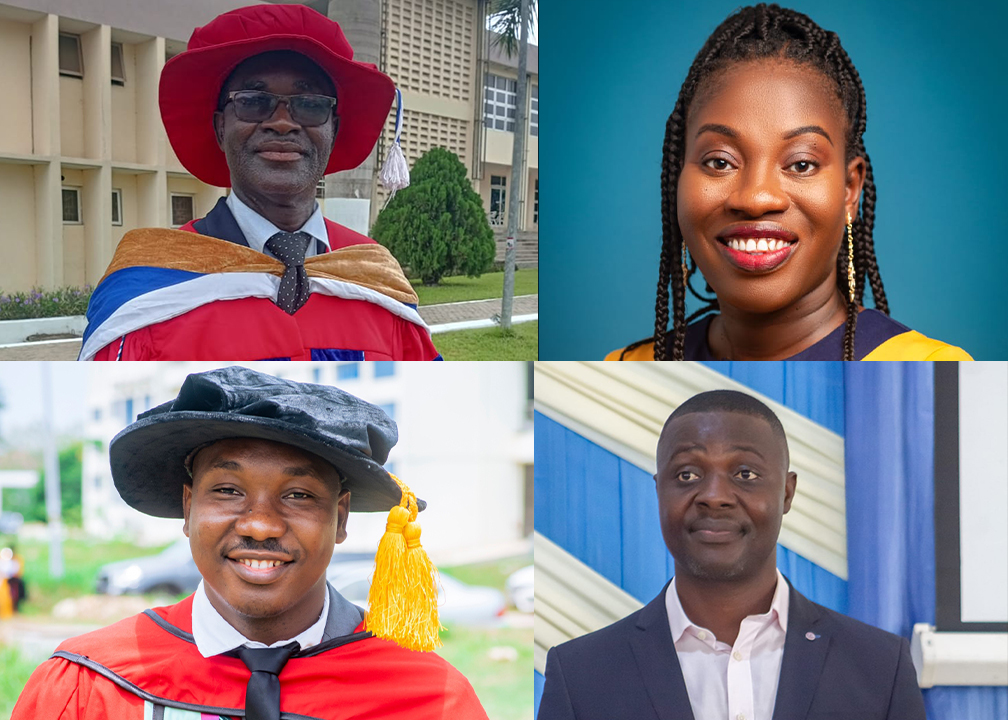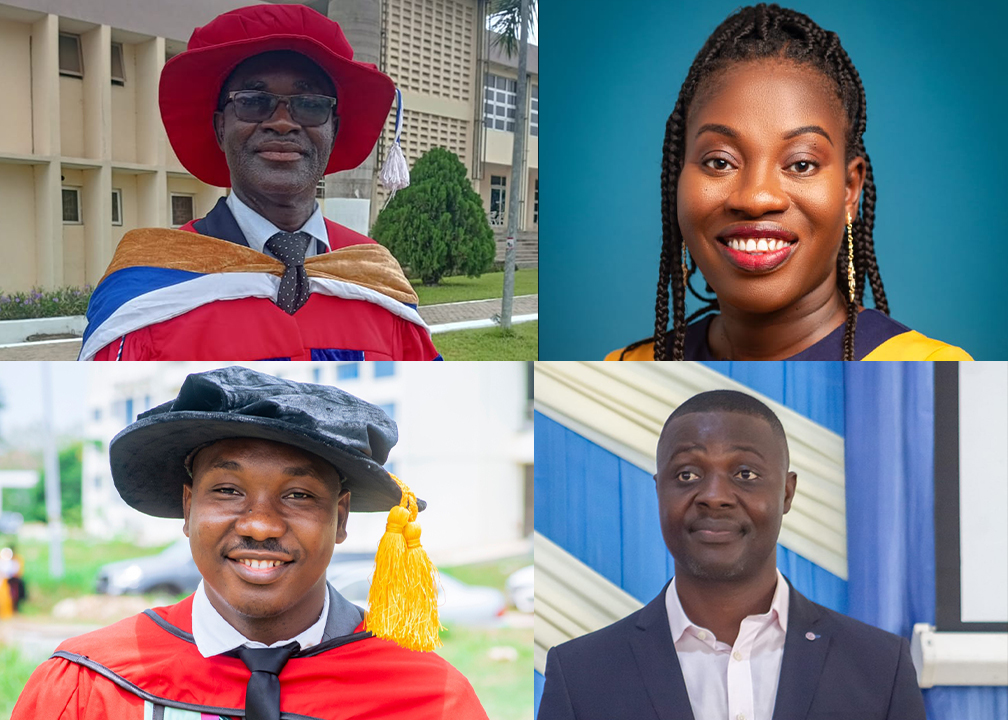UEW Academics Secure SDGF Grant to Tackle Sexual Coercion and Harassment Against Students with Disabilities

Four academics from the University of Education, Winneba (UEW), have clinched a research grant valued at US$498,000 from the Sustainable Development Goals Fund (SDGF) over a duration of two years. The grant will facilitate a comprehensive project aimed at addressing sexual coercion and harassment experienced by students with disabilities in Ghanaian tertiary institutions.
The team of scholars leading this crucial initiative includes Dr. Fred Yao Gbagbo as the Principal Investigator, supported by co-investigators Ms. Gifty Nana Yaa Rockson, Dr. Frank Quansah, and Dr. Richard Osei Agjei.
Their research endeavour, titled "Examining Sexual Coercion and Harassment of Students with Disabilities in Tertiary Institutions in Ghana: An Interventional Study," seeks to shed light on a critical yet often overlooked aspect of campus life.
The focus of the study is on understanding the prevalence of sexual coercion and harassment among students with various disabilities, encompassing blindness, deafness, hard hearing, and physical impairment. Building upon the insights garnered from an initial pilot study conducted at a single public university, the team aims to expand its investigation to multiple public universities to inform policy and programme decisions.
The researchers have outlined key objectives for their study, including identifying the prevalence of sexual coercion and harassment globally among university students with disabilities, pinpointing the specific category of persons with disabilities (PWDs) most vulnerable to such incidents, characterising the individuals perpetrating these acts, evaluating existing systems within tertiary institutions to combat such harassment, and exploring the coping strategies adopted by students with disabilities.
The researchers will utilise the Confluence Model, which proposes two routes independently predicting sexual coercion. The model delves into hostile masculinity, characterised by excessive conformity to conventional male gender norms, and the use of force to fulfill sexual desires. The study will encompass various forms of coercion, including forced kissing, unwanted touching, sexual rumours, and other situations that students with disabilities may face.
Data collection and analysis will employ an explanatory mixed-method approach, ensuring a comprehensive understanding of the issue without altering participants' perspectives. The study aligns with the Sustainable Development Goals (SDGs), specifically targeting the goal of reducing inequality among all people.
This research is poised to contribute significantly to the global understanding of the experiences of persons with disabilities in tertiary institutions, particularly regarding sexual coercion and harassment. The implications of their findings could pave the way for impactful policy changes and interventions to create safer and more inclusive educational environments.









